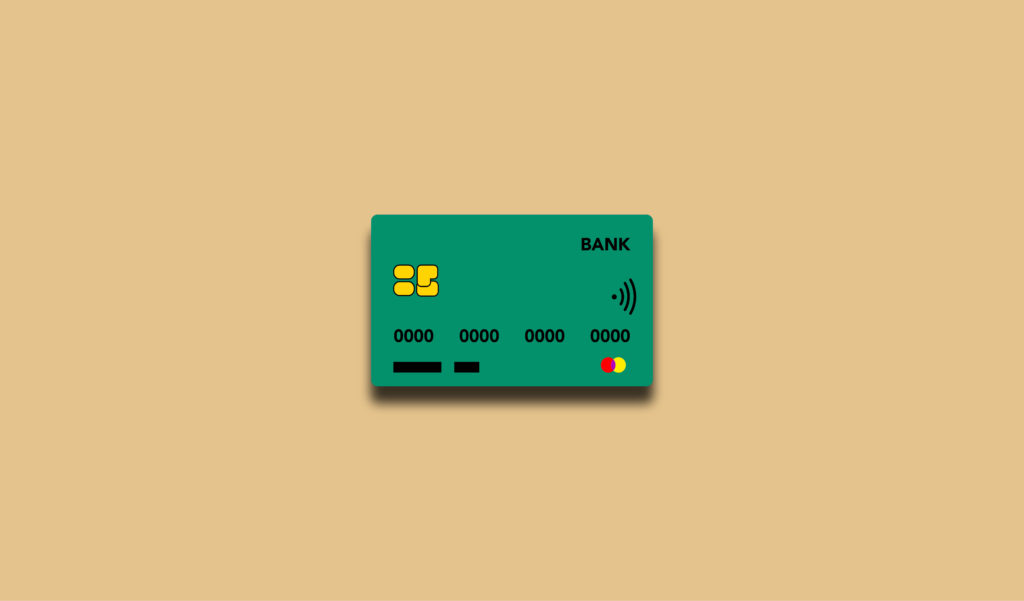The harsh fact about credit cards is that they’re usually the reason for financial problems. This is because the majority of people who are deeply in debt got there by abusing their credit cards. It’s tough to abuse a personal loan, a mortgage loan or an auto loan. But it’s very easy to use credit cards irresponsibly. American households now owe an average of more than $16,000 in credit card debt and that’s the average. There are people who owe more than $50,000 on nine, 10 or even more credit cards. It doesn’t take an Einstein to figure out that those people will never ever be able to repay those debts.
On a brighter note, there are some very good things about credit cards – assuming they’re used responsibly – and here are four of them.
Credit cards are convenient
It’s just much easier to carry around a credit card then a huge wad of cash. And they provide more security. If you are robbed when carrying $300 or more in your wallet that money is gone for good. In comparison, if the thief took your credit card(s) all you would need to do is notify your bank and the most you could lose is $50 though most banks will actually waive that amount. So you would not be out a cent.
It’s also much easier to buy big-ticket items such as a 4K HDTV or a washer-dryer with a credit card then to pay cash. Plus, when you use a credit card you get at least 30 days’ interest-free.
While you could carry a checkbook everywhere you go and write checks for your purchases, this is more difficult and more time-consuming than just whipping out a credit card. And if you don’t believe this then think about the last time you were in a checkout line and had to wait for like forever while the person ahead of you wrote a check.
They can help with your credit history and credit score
Again, assuming you use your credit cards responsibly, they can help with both your credit history and credit score. Your credit score is calculated using five components. The most important of them, which makes up 35% of your score, is your credit history. When you use your cards responsibly you create a positive history, making it much easier for you to get credit in the future. Another 15% of your credit score is based on “Length of credit history” or the average amount of time you’ve had your credit cards so it’s important to not close an old one even if you’re no longer using it.
The second most important component in calculating your credit score is your debt-to-credit ratio. It’s calculated by dividing the amount of credit you’ve used by total amount you have available. For example, let’s say you have a total of $10,000 in credit available and have used $5000 of it. In this case your debt-to-credit ratio would be 50%, which is much too high. This is where using credit cards responsibly comes into play as you should try to keep your debt-to-credit ratio at 30% or below. This means you need to monitor how much of the total credit you have available you’ve used – to keep your debt-to-credit ratio under that important 30%.
Credit cards can bail you out of an emergency
We all run into unplanned and unbudgeted expenses. Some of them can be very expensive and require immediate payment. For example, if your furnace dies you could be facing a bill for $3000 or more and might be required to pay it right on the spot. Ditto if your water heater went out or the wind blew off part of your roof. If you’re like most Americans, you wouldn’t have enough money just sitting around to pay for an emergency like this. But you might be able to cover it with a credit card. And if you were able pay for that unplanned expense before your credit card’s due date, you wouldn’t even incur an interest charge. This actually makes credit cards better than a loan as interest begins accruing on loans the minute you use the money. If necessary, you could also take a cash advance on a credit card to pay for the emergency although that should be a last resort because the interest charged for cash advances is usually in the area of 19% or even higher.
Credit cards provide an indisputable history
Let’s say you pay $119 cash for one of those one-cup coffee brewers. If it breaks within the first month and you weren’t smart enough to keep a receipt, you’re out of luck. But if you put the purchase on a credit card you’ll have a history that no merchant can deny. Do you buy a lot of stuff online like through sites like amazon.com? Again, when you put those purchases on a credit card, you have an indisputable record of when you bought the item and how much you paid for it. So, if you need to return or exchange it there’ll be no arguments.
Putting your purchases on a credit card also means you’ll have a statement each month itemizing them which you could then compare with what you had budgeted.
The one very bad thing
Of course, the worst thing about credit cards is that they make it just so easy for people to buy things – whether they can afford them or not. But the other bad thing about credit cards is those minimum monthly payments. If you’re in a financial bind, it can be very tempting to make just the minimum payment but this is actually the road to debt hell. The reason for this is a little thing called compounding interest. Let’s say your monthly credit card bill is $400 and you make a minimum payment of $40. In this case $360 would be rolled over into your next monthly bill and you will pay interest on it. Do this often enough and you could end up spending three years paying off that $400 debt.
.






